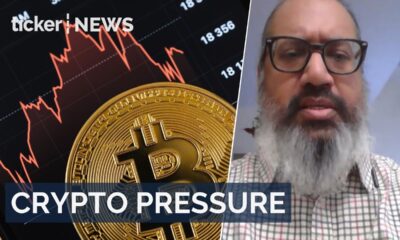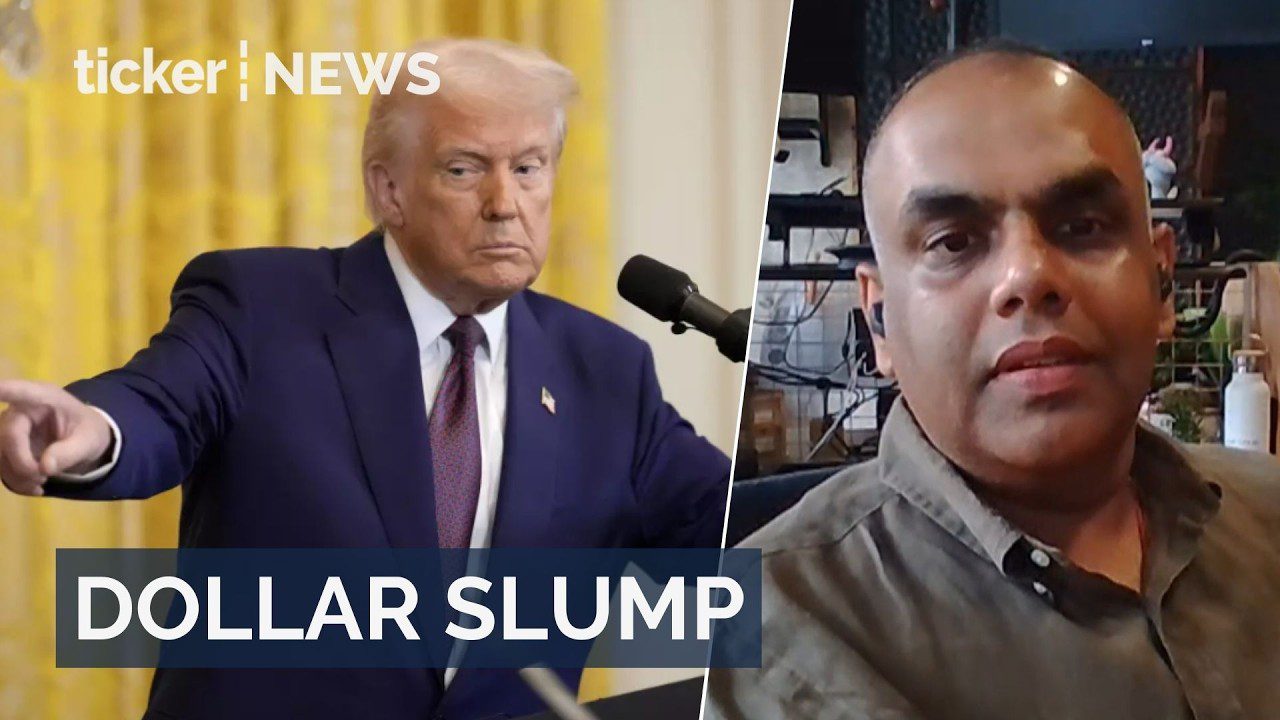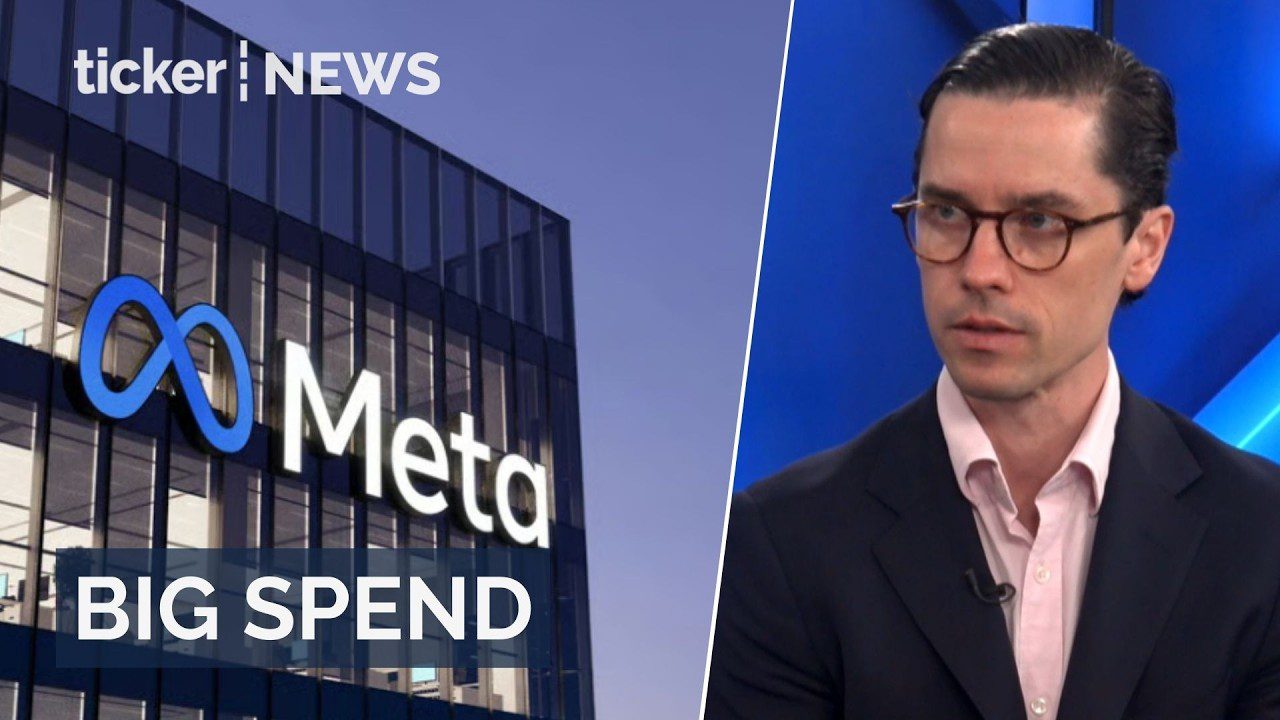Money
The true cost of inflation: How many Americans are living paycheck to paycheck?

Money
U.S. dollar weakens while Australian dollar rises amid global market shifts
Money
Wall Street slides as AI spending raises investor concerns
Wall Street dips as AI spending scrutiny rises; Microsoft struggles while Meta thrives. Tune in for insights!
Money
Tesla brand value plummets amid Elon Musk’s political focus
Tesla’s brand value plummeted to $27.61 billion in 2025 amid Musk’s political shift, sparking investor concern.
-



 Tech4 days ago
Tech4 days agoXiaomi reveals fully automated smartphone factory in China
-



 News3 days ago
News3 days agoABC News Facebook hacked, porn star images posted
-



 News3 days ago
News3 days agoU.S. Naval Strike Group moves into Middle East as Iran protests escalate
-



 Crypto3 days ago
Crypto3 days agoBitcoin and Ethereum lead $1.7 billion Crypto market outflow
-



 News4 days ago
News4 days agoMark Rutte rejects calls for a separate European army
-



 News4 days ago
News4 days agoArrest made following heated speech at Sydney rally
-



 News4 days ago
News4 days agoWhite House responds after second fatal shooting in Minneapolis
-



 Ticker Views5 days ago
Ticker Views5 days agoInside Trump’s Board of Peace and the power critics say is unprecedented






